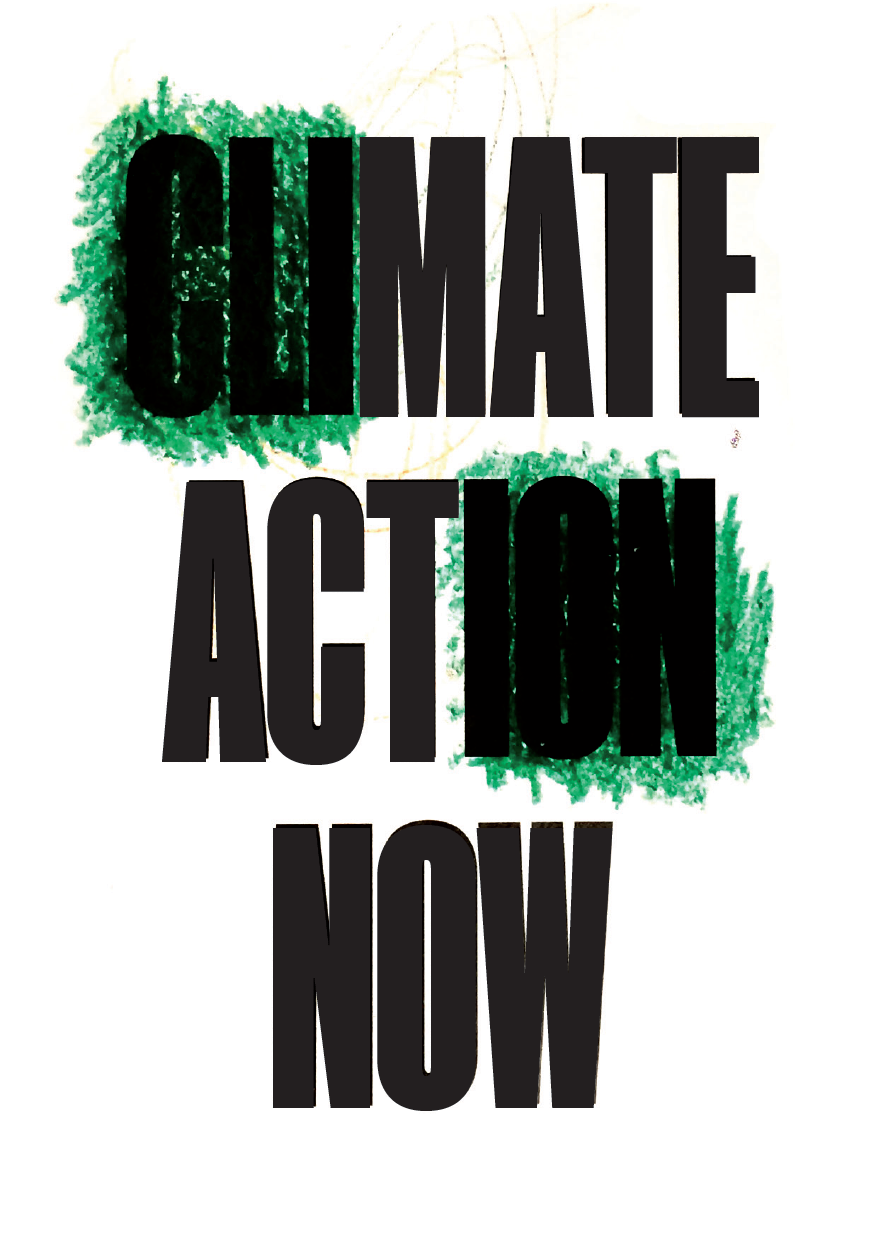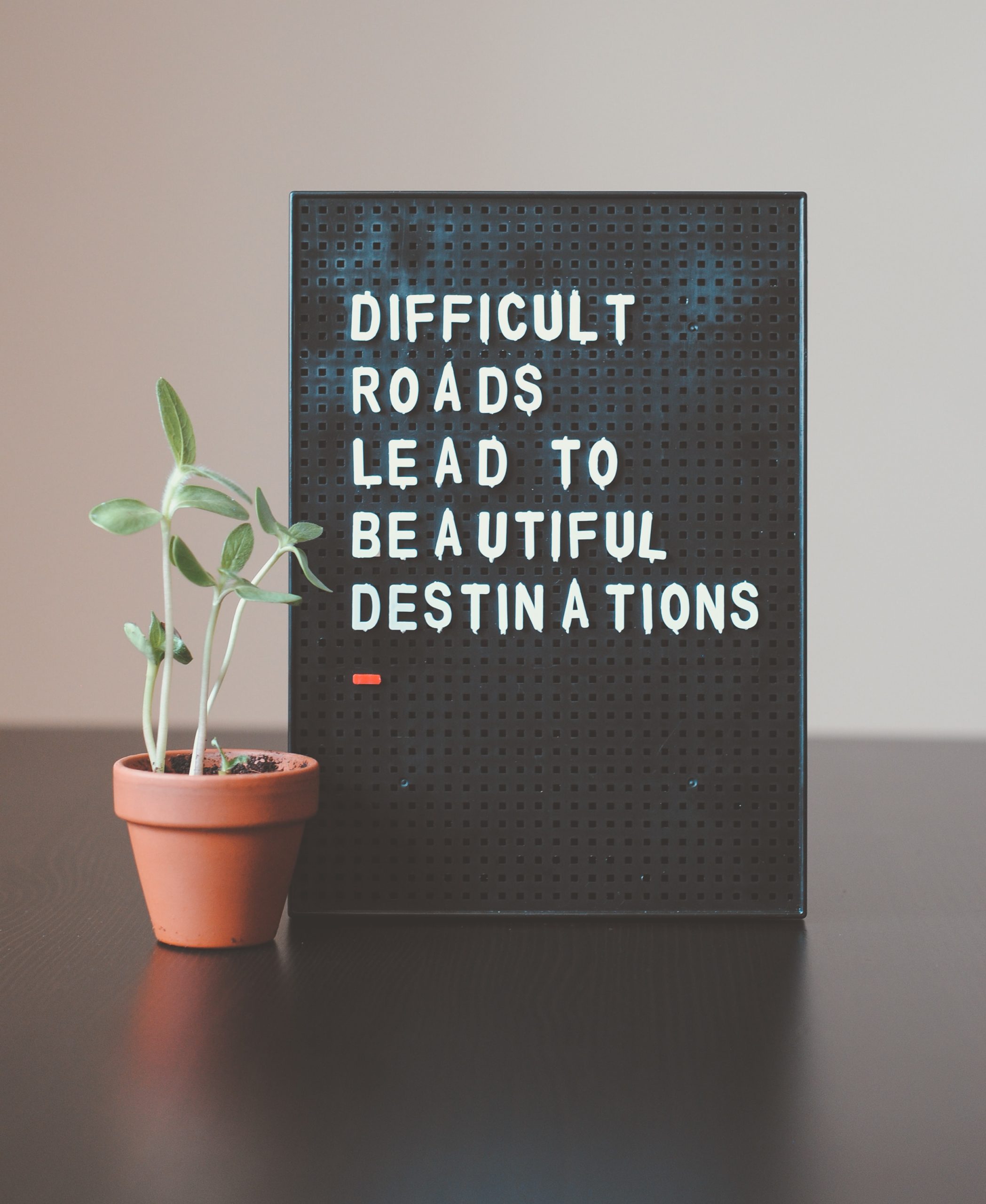Practical and emotional advice for Aotearoa Designers
The core tenants of DA are to connect and celebrate our community. We want all Aotearoa Designers to live well and to flourish.
Usually, when we write here, the DA team operates as a collective voice. Occasionally you’ll hear direct from Lou, our amazing founder. Or one of the local hosts making a shout out to their city. But generally, our voice is a geographically diverse group of designers speaking for and on Design Assembly’s behalf. Today I am writing in my own voice because as well as sharing resources and knowledge I want to share a little personal insight.
So I will start with an introduction: my name is Nicole Arnett Phillips and I am the DA editor. I am also a communications designer, typographer and printmaker with 20+ years of experience. I was diagnosed with anxiety about 12 years ago and its something I live with everyday.
When we worry or find ourselves in a stressful or uncertain situation — our heart rate elevates, our hormone chemistry changes, our brain function becomes clouded and confused. The physiological responses developed as a survival mechanism to “fight the threat off or flee to safety.”
The DA team have spent the last few weeks observing and listening to our community and have heard a lot of nervousness around the Covid-19 pandemic, the economic impact and navigating events that are unprecedented in our lifetime.
Public discussion of COVID-19 can be distressing and it’s normal to experience symptoms of stress.
It is important not to panic or be alarmist — but these are strange, worrying, uncertain and rapidly changing times, so we contemplate what risks there are for our loved ones, our businesses or jobs, and our adrenaline cranks up.
We want you all to live well and be well so created and curated some tips & resources for Aotearoa designers feeling worried or anxious about their personal or professional situation today.

Practice good Hygiene:
- Avoid close contact with people with cold or flu-like illnesses. The virus spreads most readily through close contact, so social distancing is vital to slowing it down.
- Stay home if you’re unwell. More and more people are working from home to try to limit the spread of coronavirus. If you’re a remote work newbie, make sure you’re following these productivity hacks. Or structure your day around these healthy work-from-home habits.
- “Stop handshakes, hugs and hongi.” Adopt the “East Coast Wave” as demonstrated by Jacinda here!
- Cover coughs and sneezes with disposable tissues or clothing. Sneeze or cough into your elbow instead of your hands.
- Wash hands for at least 20 seconds with water and soap and dry them thoroughly.
- Clean “high-touch” surfaces, especially keyboards, phones and tablets — Apple recommends using isopropyl alcohol. And avoid using other peoples devices, phones or keyboards where possible.

Connect and collaborate:
We are strongest together, as we isolate ourselves by working remotely and practising social distancing, there are still lots of ways to connect:
- Design Assembly Friends Slack Channel is an opportunity to connect and converse with our community
- Participate in Mate Act Now and feel empowered by contributing to an important cause.
- Contact your peers and talk to family, whānau, and friends about how you feel and ask if they are OK.
- Start a game of photoshop tennis to collaborate with creatives remotely.
Create:
- Set yourself a brief of visual response to a headline or topic that is taking up your mental space — working through a brief is a way to meditate on an idea, put it in context and work through how it makes you feel
- Check out these designers sharing important information in beautiful ways if you need some extra inspiration.
- Personal projects are fantastic ways of increasing visibility, finding your unique style, giving voice to the things that matter most to you and exercising creative freedom outside of the constraints of a client brief.

Relax:
- Can you turn off (or limit?) your social and news notifications? Taking a break from the news cycle to decompress is really important!
- Practice abdominal or slow breathing.
- Focus on a soothing word or calming colour.
- Meditate or pray if either of those things are your gig.
- Get outside, visit a favourite place… Spend time in places that feel safe and comfortable as much as possible.
Move:
Exercise deepens breathing and helps to relieve muscle tension, especially repetitive fluid movements which can induce calm:
- Take a dog for a walk to a park or a beach — leisure activities like this “can improve general wellbeing and help distract from distressing feelings.”
- Get outside and stretch.
- Go for a paddleboard or other low impact non-team sport!
- download or view an online yoga or exercise class and workout from home.

Acknowledge & seek help:
The Ministry of Health suggests you“Tell yourself that how you are feeling is a normal reaction and will pass – it is nothing to be afraid of.” But if your stress symptoms are escalating or you feel you are not coping, help and professional support are available.
- If you are in self-isolation, call Healthline first (0800 611 116). Otherwise, your GP is a good starting point. For support with grief, anxiety, distress or mental wellbeing, you can call or text 1737 to talk with a trained counsellor for free, 24 hours a day, 7 days a week.
- You may be able to get financial help if your job or business has been affected. You do not need to be on a benefit to be eligible, call Work and Income on 0800 559 009 (Monday to Friday 7am to 6pm, Saturday 8am to 1pm) to find out if you can get financial support. Financial support
Additional guidance for studios & managers:
- Make a plan for managing remote working and team members who may need to take sick leave or self-isolate. (Most employees are entitled to five days’ sick leave a year) check out these workplace guidance for employers and employees
- Conduct meetings by video conference where possible.
- Business.govt.nz has information for businesses and employers on how COVID-19 may affect your business and how you can stay up to date as new information becomes available.
- Employment New Zealand has advice on how to keep employees safe and well at work in these workplace guidelines
- Minimising the spread of infectious diseases in the workplace is important to keeping staff safe and well at work, the Ministry of Health published this advice for prevention of infectious disease in the workplace
- Today the government announced a relief package of $12.1b to combat Covid-19 impact. The package represents 4 percent of GDP. “Businesses will receive the lion’s share of a $12.1 billion economic rescue package” The spending is being called the most significant peacetime economic plan in New Zealand’s modern history. The biggest component of the package is more than $5b set aside for a wage subsidy scheme. Struggling workplaces will receive about $585 a week per full-time employee for 12 weeks – up to a maximum of $150,000 per business. People who are unable to work after falling sick or being quarantined will receive the same sum for up to eight weeks – on top of any employer-provider sick leave.
- The ird prepared this information on tax relief and income assistance
- Advice on trade impacts from COVID-19. Information for primary industries and businesses



